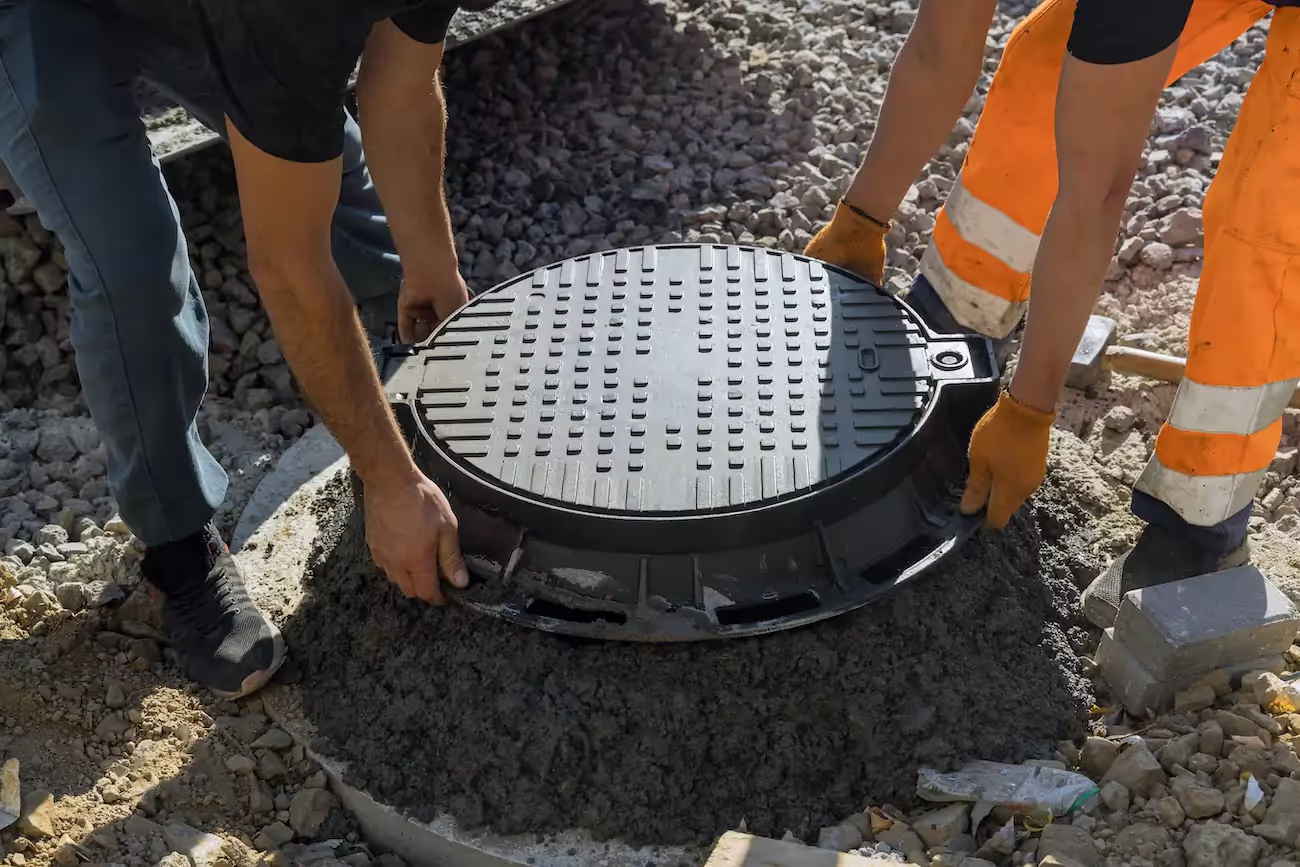
maintenance and care: cesspools vs. septic systems
Discover the key differences between cesspools and septic tanks, and learn how to choose the best waste management solution for your property to ensure long-term efficiency, safety, and environmental compliance.
If you're ready to get serious about your sewage systems and grease management, our team of experts is ready to help. Whether you need a new system installed or ongoing maintenance, we provide comprehensive services for both residential and commercial clients.
choosing the right waste management: cesspools vs. septic tanks
When it comes to sewage waste management, two common systems come up: cesspools and septic tanks. If you’re a homeowner or commercial property manager, understanding the differences between these two systems, how to care for them, and when it might be time to make an upgrade is crucial. Whether you’re looking for efficient waste management or wondering how to maintain your system, this guide will help you understand the ins and outs of cesspools and septic tanks.
what is a cesspool?
A cesspool, also known as a cesspit, is an underground waste disposal system primarily designed for the storage of wastewater. Unlike modern septic systems, cesspools do not treat waste, they simply store it until it eventually seeps into the surrounding soil. These systems were once the go-to solution for areas that lacked access to a sewer network, but they are increasingly being replaced by more efficient septic tanks. Cesspools are typically found in older properties and rural areas, where modern alternatives may not be easily accessible.
Although cesspools have served their purpose for many years, they often require regular maintenance to avoid problems such as overflowing and contamination of the surrounding environment. If your property still relies on a cesspool, it's important to ensure that it is properly maintained to avoid serious environmental and health risks.
what is a septic tank?
In contrast to a cesspool, a septic tank is a modern waste management system that treats wastewater rather than merely storing it. A septic tank is a sealed container, typically made from concrete, plastic, or fibreglass, that allows waste to settle and be broken down by natural bacteria. This treated wastewater then passes into a drain field, where it is further filtered before being returned to the environment.
Septic tanks are a more sustainable and effective option for water waste management, especially for properties located in rural areas or where there is no access to a public sewer system. Regular sewage system maintenance is essential for a septic tank’s proper functioning, including periodic pumping and inspections to prevent any issues, such as blockages or slow drainage.
key differences between cesspools and septic tanks
functionality
The most significant difference between cesspools and septic tanks is how they handle wastewater. A cesspool simply collects water waste and allows it to seep into the surrounding ground, with no treatment process. In contrast, a septic tank breaks down waste with the help of bacteria, making it a more environmentally friendly option. Septic tanks not only manage the waste more efficiently but also prevent harmful substances from leaching into the soil, which can cause contamination.
maintenance and care
Both cesspools and septic tanks require regular maintenance, though the tasks and frequency differ.
- Cesspool Maintenance: Cesspools need to be regularly emptied to avoid overflow. This typically involves pumping out the accumulated waste every few years, depending on the system’s capacity and usage. Regular inspections are also necessary to ensure the system hasn’t become damaged or blocked.
- Septic Tank Maintenance: Septic tanks also require regular pumping, usually every 3 to 5 years. Additionally, septic systems should be inspected annually to check for issues such as leaks, blockages, or signs of soil contamination in the drain field. Keeping an eye on your system can help prevent costly repairs down the line.
when should you replace your cesspool with a septic tank?
There are several reasons you might consider upgrading from a cesspool to a septic tank. If your cesspool is old and showing signs of failure, such as unpleasant odours, slow drainage, or frequent blockages, it may be time to make the switch to a septic system. In some areas, regulations are becoming stricter, and cesspools that don’t meet modern standards may need to be replaced by law.
Upgrading to a septic tank can provide better sewage waste management and reduce environmental impact. A well-maintained septic system also tends to be more reliable and cost-effective in the long run. If you’re unsure about whether an upgrade is necessary, a professional consultation can help you make the right decision for your property.
common problems and troubleshooting
cesspool maintenance
Cesspools are prone to several common problems, primarily due to their lack of waste treatment. Over time, they can become clogged or overflow, causing unpleasant odours and contamination of nearby soil and water sources. If your cesspool is no longer working efficiently, it’s important to have it pumped out and inspected regularly to ensure it remains in good condition.
septic tank maintenance
Septic tanks, while more effective than cesspools, are not without their own issues. Some of the most common problems include slow drainage, foul smells, and waste backup. These issues can often be prevented by regular sewage pumping and routine inspections. It’s also important to avoid flushing inappropriate materials, such as grease, non-biodegradable items, or chemicals, as these can disrupt the bacteria needed for the waste treatment process.
If your septic tank is experiencing problems, it’s always best to contact a professional. Regular maintenance, including pumping and inspections, is essential to keep your system functioning properly.
choosing the right waste management solution for your property
When deciding between a cesspool and a septic tank, several factors should be considered. The size of your property, the number of people in your household, and the regulations in your area all play a role in choosing the right system. While cesspools might still be in use in some locations, they are becoming outdated, and many properties are better suited for septic tanks due to their efficiency and environmental benefits.
If you’re unsure which system is right for you, it’s best to consult with an expert who can assess your property and recommend the best solution. Regular maintenance and timely repairs will help you keep your system running smoothly for years to come.
contact serious** waste management for Sewage System Maintenance
Whether you have a cesspool or septic tank, maintaining your system is essential for a clean, healthy environment. Serious Waste Management is here to help with expert cesspool and septic tank services. We offer a wide range of waste management solutions, including system installation, maintenance, and repairs, ensuring your property is always in good hands.
If you're in need of cesspool or septic tank services, don’t hesitate to contact us for more information or to schedule a consultation. Our team of experts is ready to assist you with all your waste management needs.
time to get serious**
Related articles
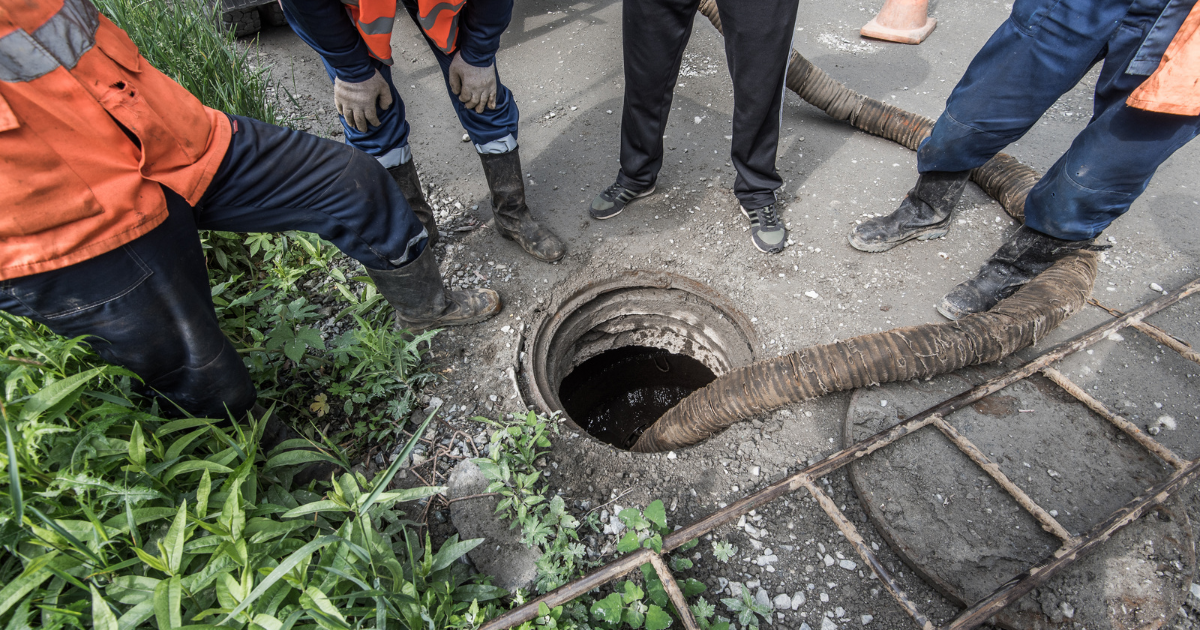
why reliable domestic sewage pumps are essential for modern wastewater management
Reliable domestic sewage pumps are essential for safe, efficient wastewater management in modern homes. Discover how high-quality pumps prevent costly backups, improve system performance, and protect your property.
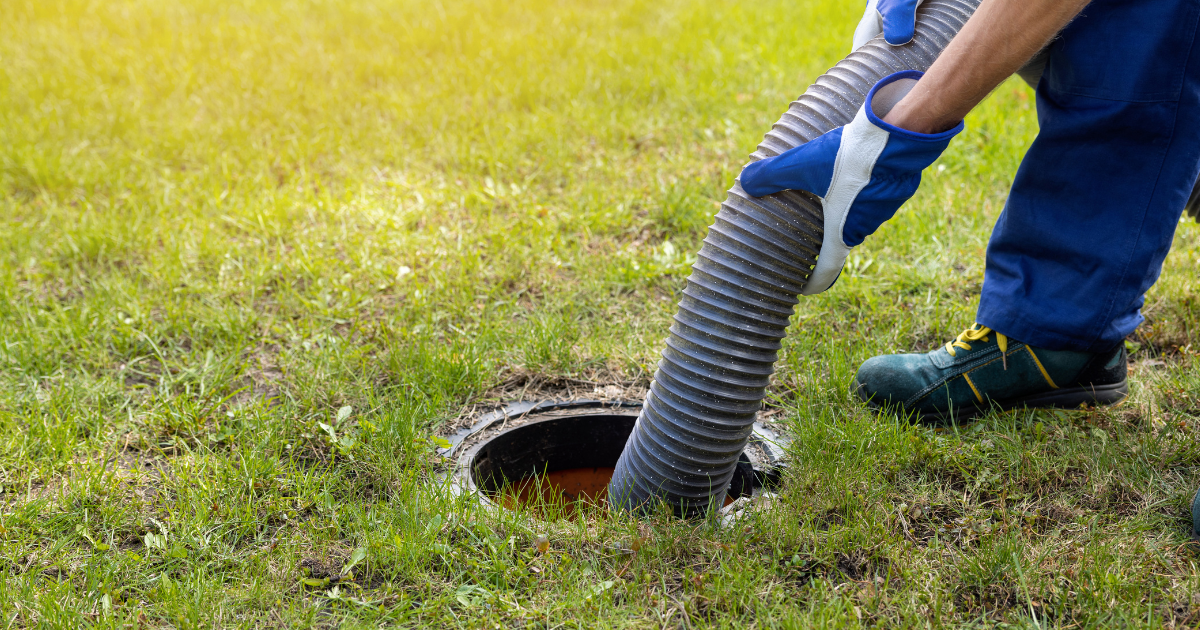
How Weather Affects Your Septic System and Repair Needs
In the UK, we deal with heavy rain, cold winters, and the occasional dry spell, and each season places its own pressures on your drainage and waste systems. Understanding these effects can help you keep your septic tank healthy, avoid costly repairs, and spot problems before they spiral out of control.
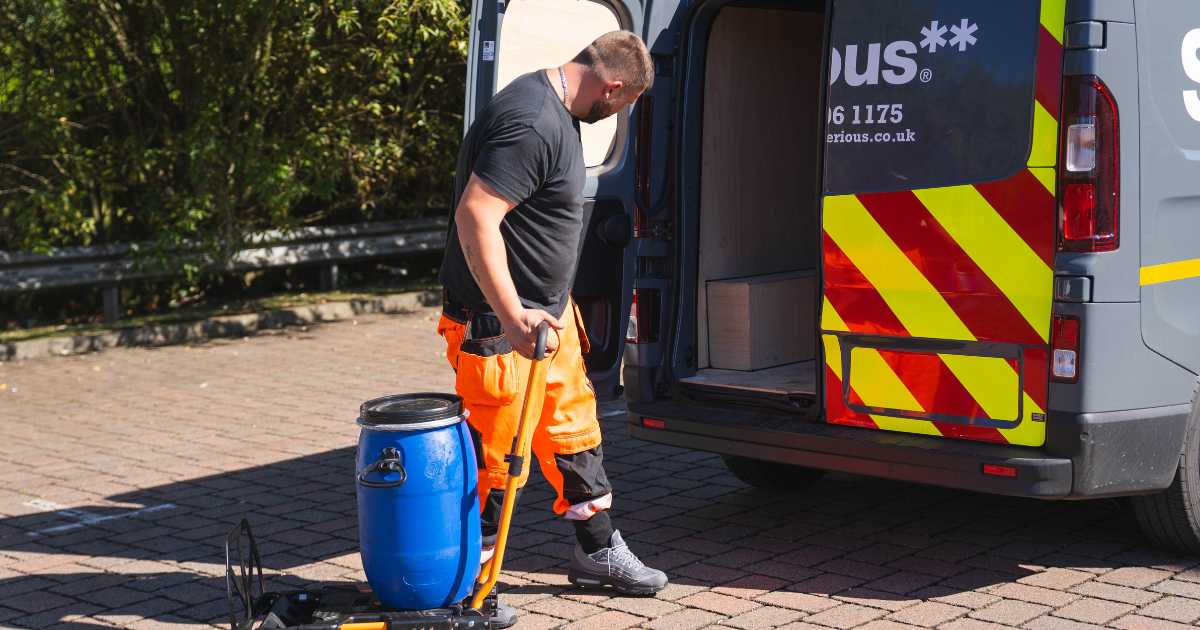
Grease Traps: How They Work, Common Issues & Ongoing Maintenance
Discover how grease traps work, common problems to avoid, and expert maintenance tips from serious - keeping your kitchen safe, compliant, and efficient.
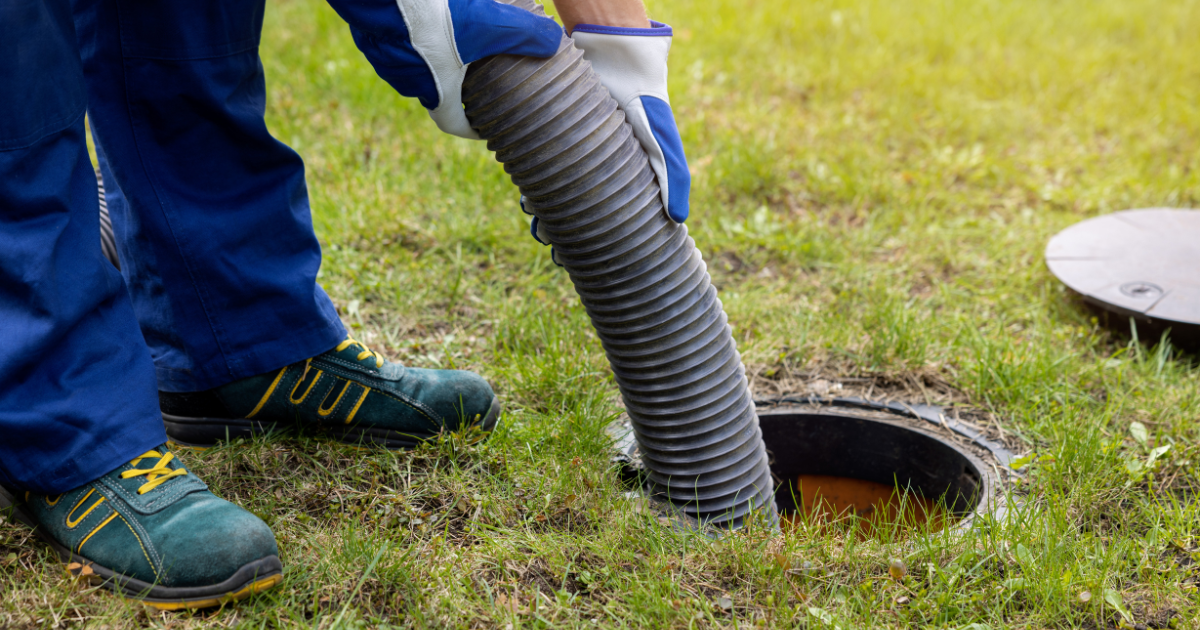
top 5 benefits of sewage waste treatment for restaurants and food services
Investing in sewage waste treatment, whether through a new sewage treatment plant installation or regular sewage treatment plant servicing, ensures your business stays clean, compliant, and cost-effective.






